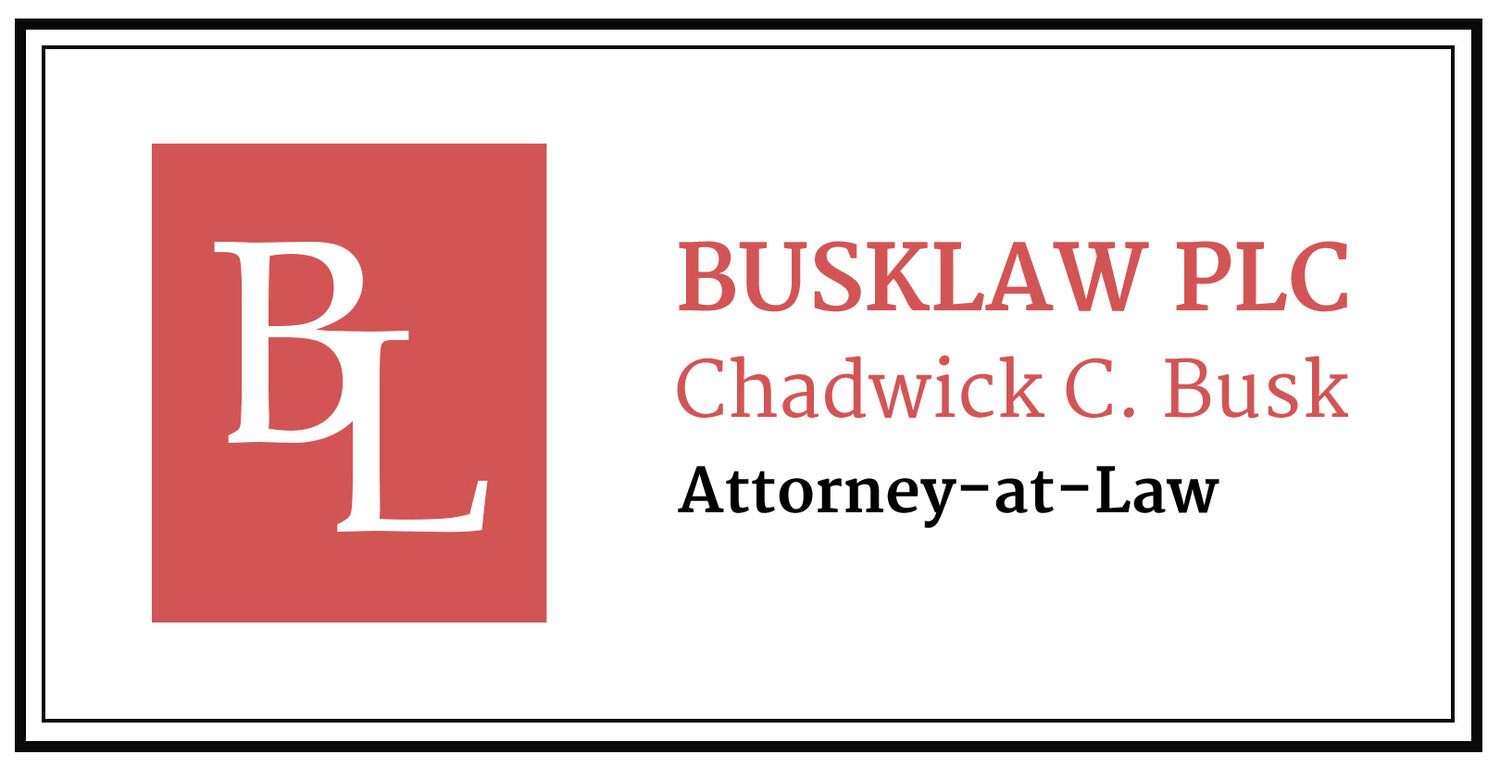(Note: you may want to stop here if you aren't a spiritual person in the Judeo-Christian tradition.)
As an introduction to this post, I'll share my religious background. I was brought up in the Protestant tradition with the Dutch Reformed twist. But when friends ask me what I really believe in, I hedge my bets based on:
- I went to Hope College, affiliated with the Reformed Church in America.
- I went to Notre Dame Law School, a respected Catholic institution.
- I'm a quarter Jewish and was cared for by a fairly authentic Jewish mom (who was thankfully tempered by my 100% Danish father).
So now that I've disclosed my broad-minded belief system, here's my thesis: using plain language furthers the Christian and Jewish faiths.
Contemporary Christian evangelist Rob Bell talks about ways in which Christians can echo Christ's resurrection in this video. At 2:02 in the piece, he describes that every "fair and honest act in business and trade...belong to God's good world." We've already seen how the twin evils of legalese and bureaucratese distort what is fair and honest in our society. So avoiding them furthers God's plans for his creation and enables us to advance to a higher state of awareness.
On the Jewish side, many Jews practice tikkun olam (literally "repair of the world"), an aspiration to behave and act constructively and beneficially. As the Wiki states: "It's the idea that Jews bear responsibility not only for their own moral, spiritual, and material welfare but also for the welfare of society at large. To the ears of contemporary pluralistic Rabbis, the term connotes 'the establishment of Godly qualities throughout the world'." This goal is hardly different than what Rob Bell is talking about! Go figure.
Regarding contract language, it's well-established that God and the Devil love contracts. We have God's contract with Abraham in the Old Testament, and the various contracts for souls proffered by the Devil. While the former is written in plain language, the latter assuredly is not, if only because it's impossible to cover all the loopholes of soul forfeiture, so the Devil uses obfuscation to hide that fact.
What words flow from your keyboard, and how are they structured? Are you stuck in the mire of gobbledygook? Or is your business and legal writing clear and concise and so advances God's purpose in a small yet meaningful way?



